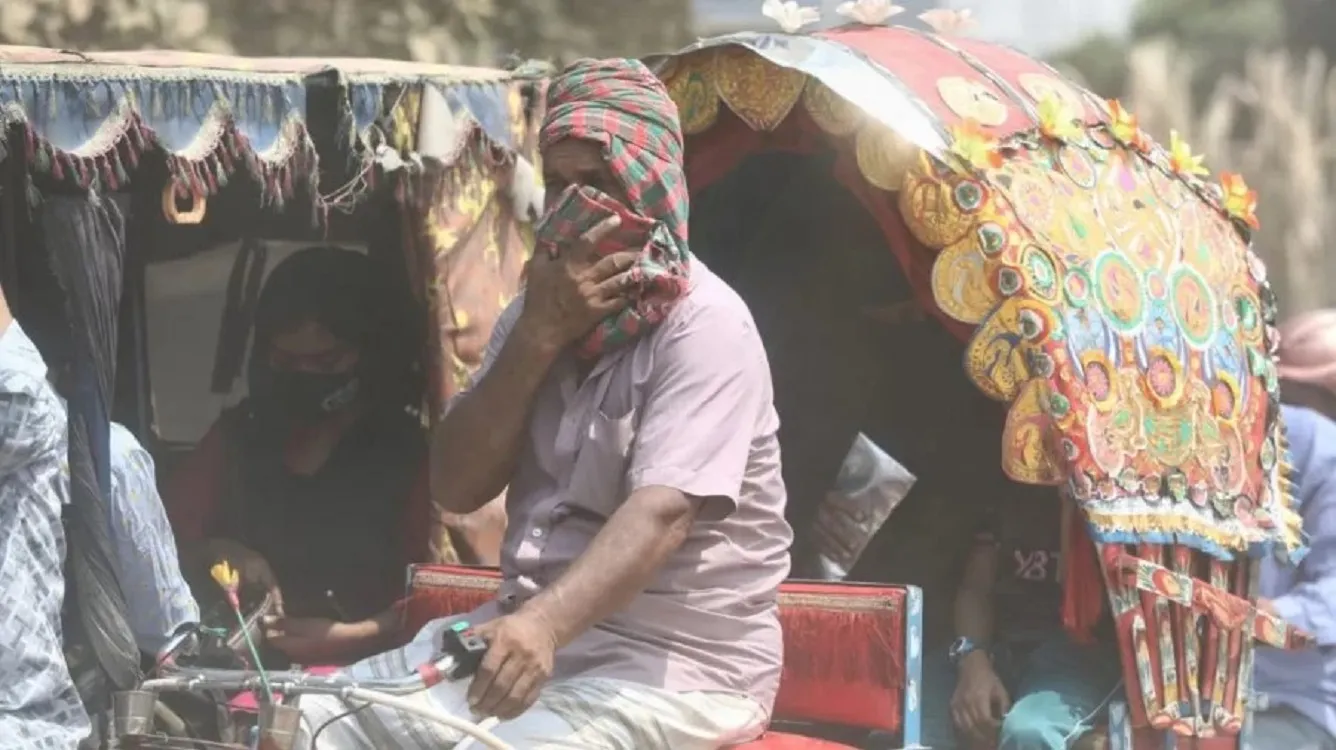


Dhaka, the capital of Bangladesh, is currently experiencing 'Moderate' air quality. On a recent Saturday morning, the city recorded an Air Quality Index (AQI) of 81, ranking it 20th globally for the worst air quality at that time.
An AQI between 50 and 100 is classified as 'Moderate,' indicating an acceptable air quality that may pose a light health risk, primarily for sensitive individuals who should limit prolonged outdoor activity.
The city's pollution level, which is measured based on five main pollutants (PM10, PM2.5, NO₂, CO, SO₂, and Ozone), fluctuates throughout the year, typically worsening in the winter and improving during the monsoon season. Globally, the situation is far more severe in other cities, with Lahore (Pakistan, AQI 384), Delhi (India, AQI 232), and Shanghai (China, AQI 208) topping the list at 'Hazardous' and 'Very Unhealthy' levels, respectively.
The World Health Organization (WHO) highlights the grave global impact of air pollution, estimating it causes seven million premature deaths annually from diseases like stroke, heart disease, and respiratory infections.
The current real-time data suggests Dhaka's air quality is fluctuating. An approximate recent reading showed an AQI of 115, classifying the air as 'Poor' or 'Unhealthy for Sensitive Groups' (AQI 101-150 range), which is a deterioration from the earlier reported 'Moderate' status. This highlights the volatile nature of air pollution in the region.
Comment